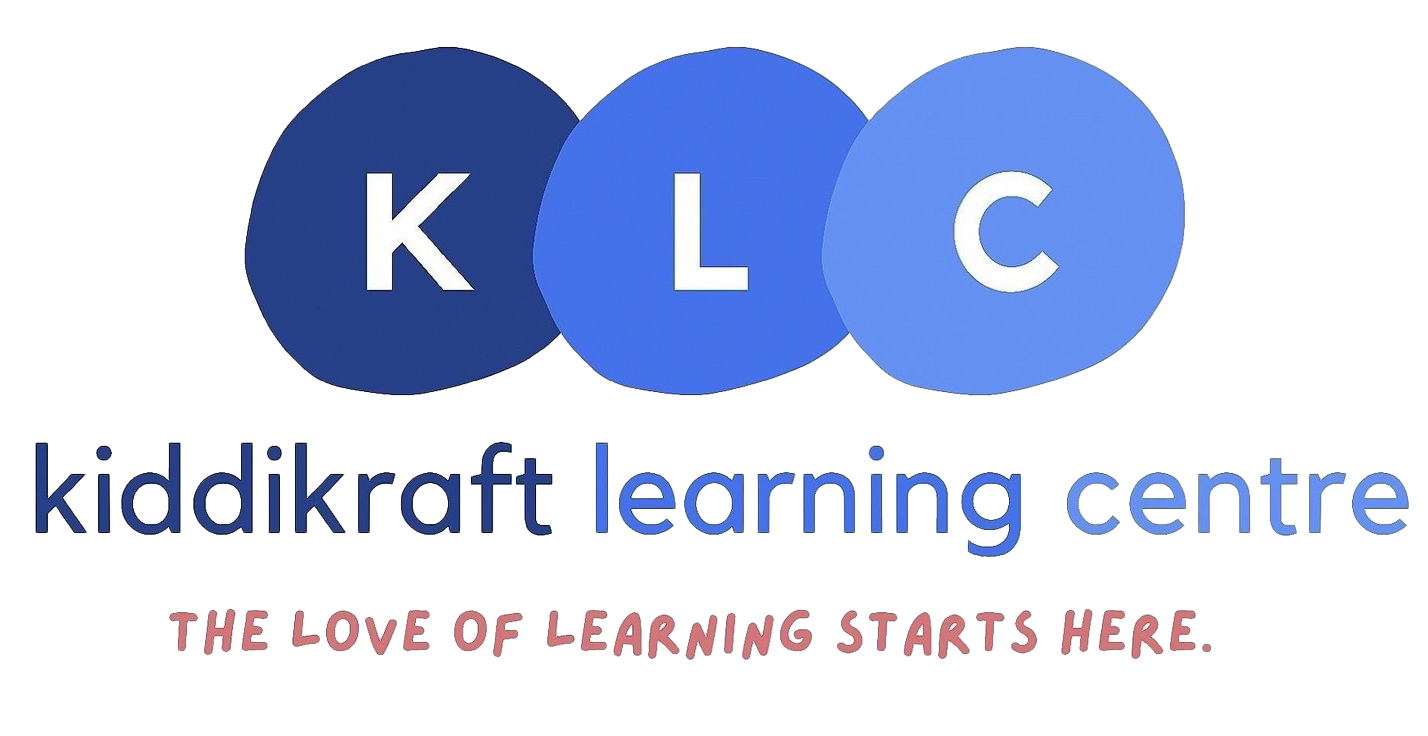Developing Emotional Intelligence: Nurturing Self-Awareness
Introduction:
Emotional intelligence is the ability to recognize, understand, and manage our own emotions as well as those of others. Nurturing emotional intelligence in children is crucial for their personal growth, social development, and overall well-being. By fostering self-awareness, empathy, and emotional regulation, parents can help their children navigate the complexities of emotions and build meaningful relationships with others.
Cultivating Self-Awareness:
Encourage your child to develop self-awareness by helping them identify and understand their emotions, thoughts, and reactions. Teach them to recognise their feelings and the triggers that evoke them, and encourage self-reflection and introspection to explore their inner world.
Validating Emotions:
Validate your child's emotions by acknowledging and accepting their feelings without judgment or criticism. Help them label their emotions and express themselves in healthy ways, and reassure them that it's okay to feel a range of emotions and that their feelings are valid and important.
Teaching Emotional Regulation:
Teach your child strategies for managing and regulating their emotions in challenging situations. Encourage deep breathing, mindfulness, and relaxation techniques to calm the mind and body, and help them develop coping skills such as problem-solving, perspective-taking, and positive self-talk.
Promoting Empathy and Perspective-Taking:
Encourage your child to develop empathy and perspective-taking skills by helping them understand and consider the feelings and perspectives of others. Encourage them to put themselves in someone else's shoes, practice active listening, and show compassion and understanding towards others.
Encouraging Healthy Expression:
Encourage your child to express their emotions in healthy and constructive ways, whether through verbal communication, creative outlets, or physical activities. Create a safe and supportive environment where they feel comfortable sharing their feelings and seeking support when needed.
Modelling Emotional Intelligence:
Model emotional intelligence in your own interactions and relationships by regulating your own emotions, communicating openly and effectively, and showing empathy and understanding towards others. Be mindful of the impact of your words and actions on your child and strive to be a positive role model for emotional intelligence.
Conclusion:
Developing emotional intelligence is essential for children's personal growth, social development, and overall well-being. By cultivating self-awareness, validating emotions, teaching emotional regulation, promoting empathy and perspective-taking, encouraging healthy expression, and modelling emotional intelligence, parents can empower their children to navigate the complexities of emotions and build meaningful relationships with others.

